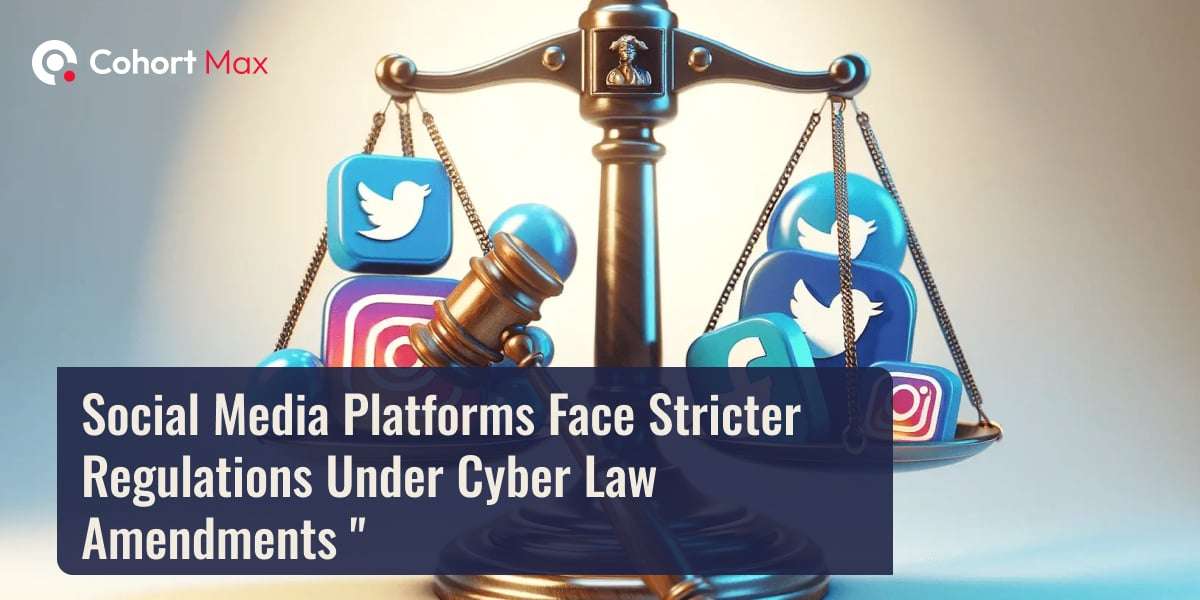Social Media Platforms Face Stricter Regulations Under Cyber Law Amendments
The government has drafted amendments to the Prevention of Electronic Crimes Act (Peca) 2016, aiming to combat misinformation and regulate digital spaces more effectively. The proposed Prevention of Electronic Crimes (Amendment) Act 2024 introduces a new authority and stricter penalties for sharing “fake news.”
Benazir Shah, a journalist on X, posted, “Among the changes proposed in PECA is the new definition of ‘social media platform,’ which has been expanded to include tools used to access social media.”
Formation of Digital Rights Protection Authority (DRPA)
A key highlight of the amendment is the creation of the Digital Rights Protection Authority (DRPA). This body will take over powers from the Pakistan Telecommunication Authority (PTA) to:
- Block unlawful online content.
- Investigate complaints regarding prohibited digital material.
- Ensure compliance by social media platforms.
The DRPA will have a chairperson and six members, including representatives from the ministries of IT and information, as well as the PTA chairman.
Expanded Interpretation of Social Media
The draft broadens the definition of “social media platforms” to include tools like VPNs used to access blocked content. A new clause defines these platforms as any website, application, or communication channel enabling access to or posting on social media.
This change could lead to the restriction or regulation of VPNs, which are widely used in Pakistan to bypass bans on platforms like X (formerly Twitter).
Harsher Penalties for Sharing ‘Fake News’
The amendments propose a new Section 26(A), making it a non-bailable offense to share “fake or false information” intentionally. Violators may face:
- Up to 5 years in prison.
- A fine of 1 million PKR.
- Or both.
The provision targets content causing “fear, panic, or unrest,” although what constitutes “fake news” remains undefined.
Expanded Explanation of Unlawful Content
The updated law identifies 16 types of unlawful content, including:
- Blasphemy.
- Incitement to violence.
- Sectarian hatred.
- Defamation of constitutional institutions.
Stakeholder Concerns and Next Steps
While the amendments aim to curb misinformation, critics worry about their impact on freedom of speech. Discussions with journalists and political parties have been proposed but remain unclear.
The amendments, if passed, will significantly reshape Pakistan’s digital landscape, placing greater accountability on social media platforms and users alike.
Suggested Read:
Jaguar’s “Copy Nothing” Bold Campaign is Driving Digital Buzz Across the Internet
Online Bullies and Under 16 Users – Is Australia’s Social Media Ban the Answer?







